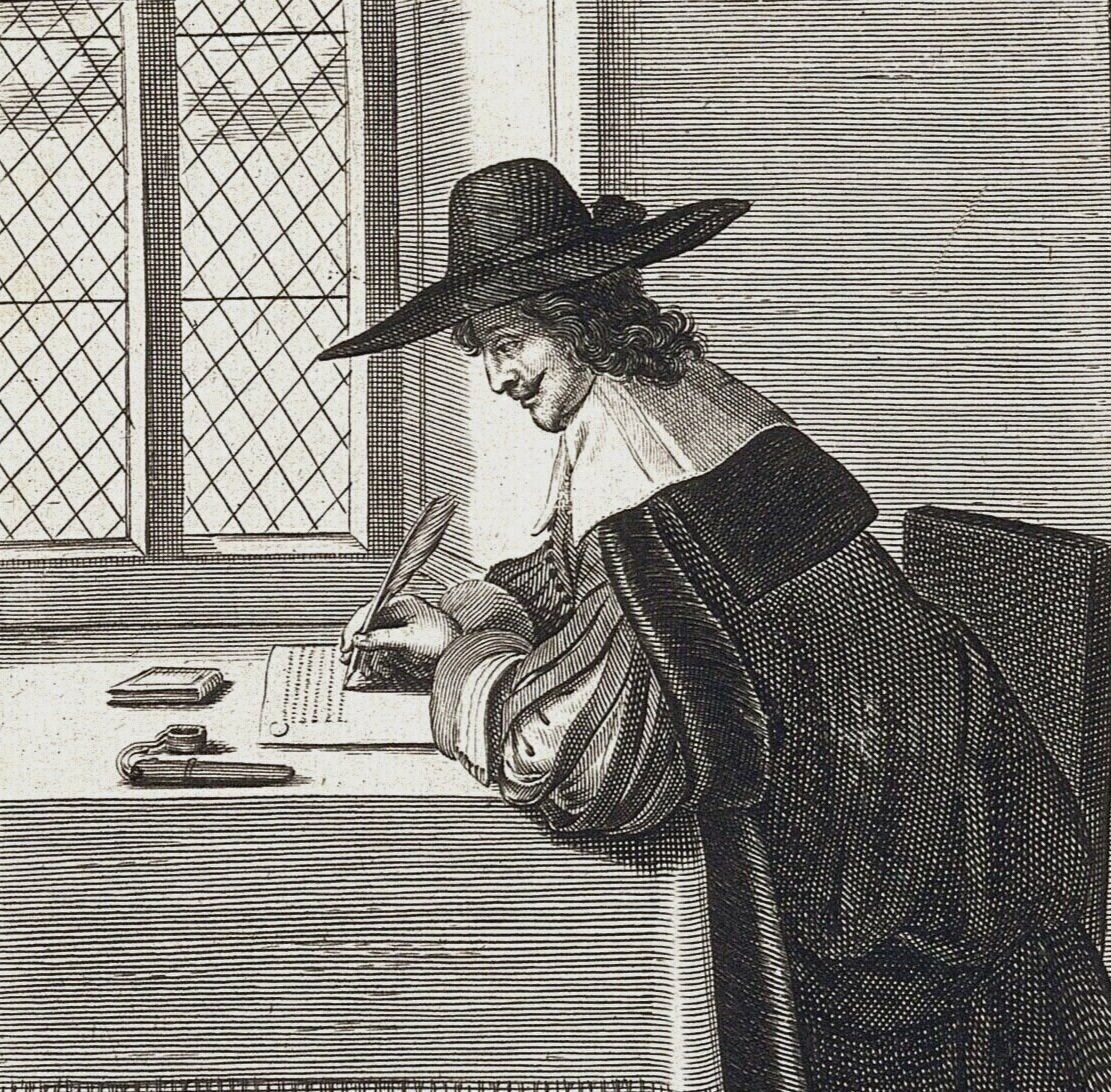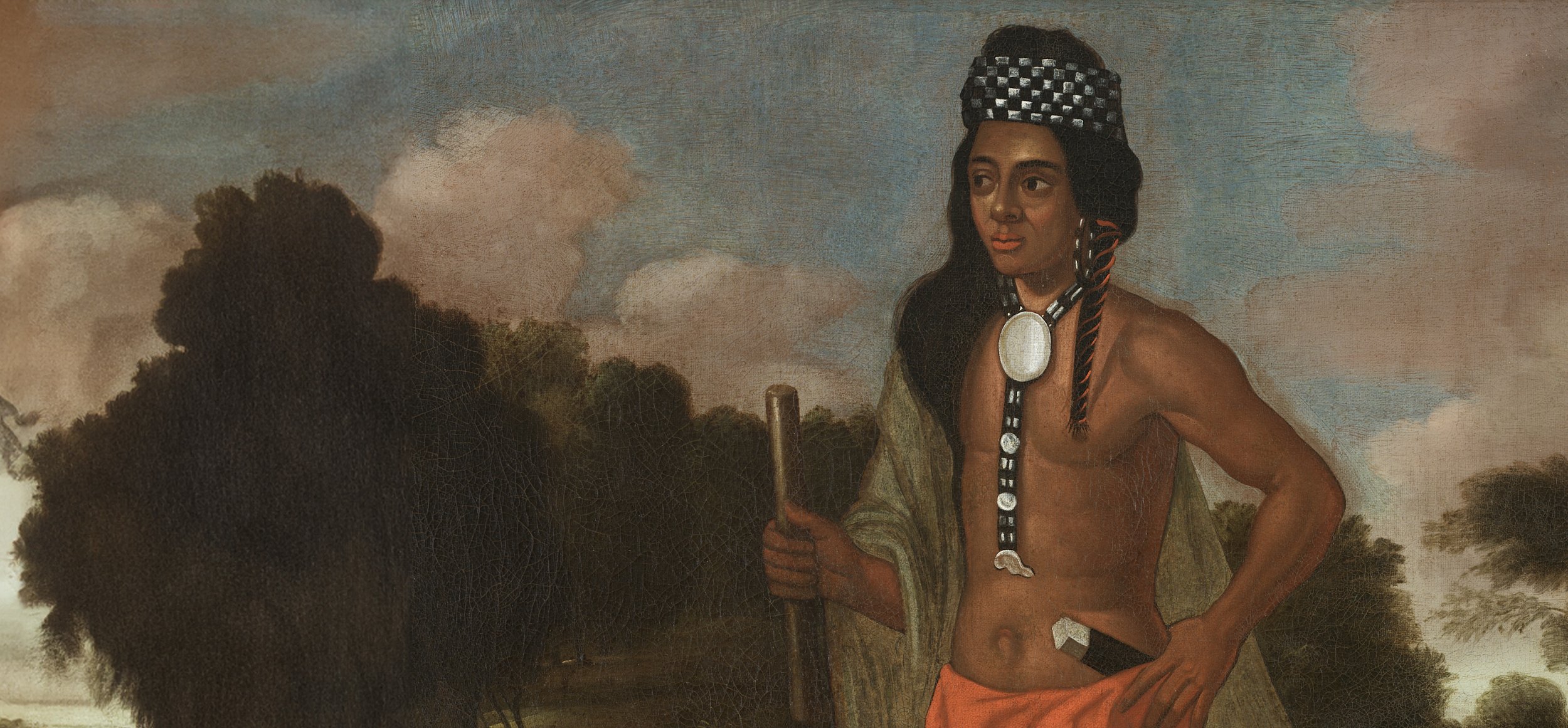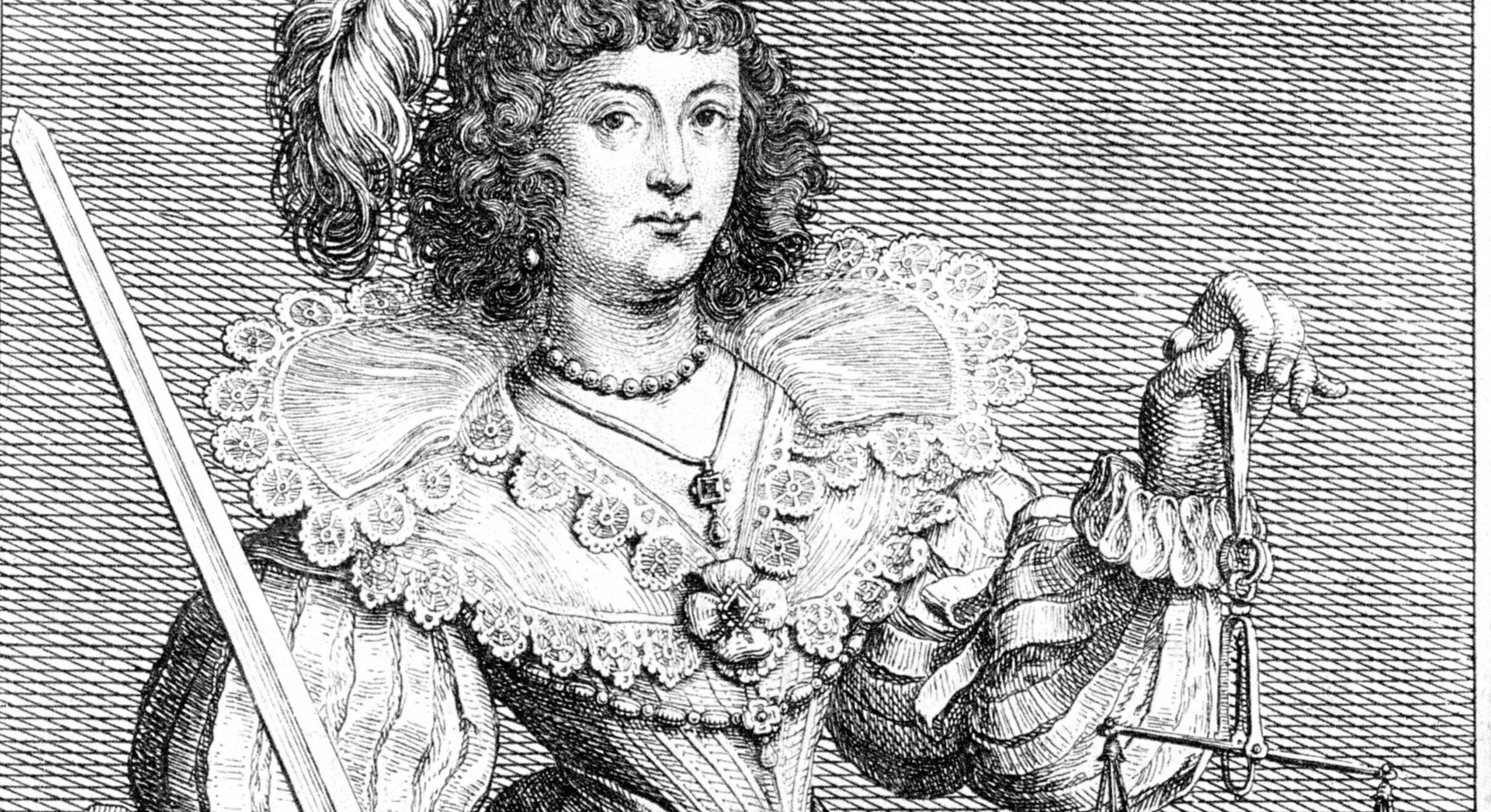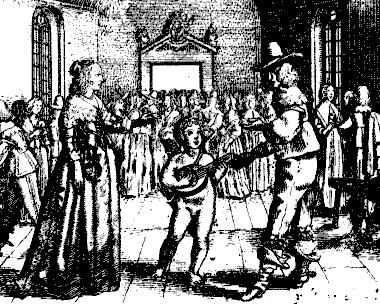
Join the 17th Century
Explore the story of early Boston, Massachusetts, and the wider 17TH century world
Effing and Blinding with the puritanS
Who knew that the Puritans were so prone to profanity? Yes, that prim and proper stereotype begins to crumble the minute you look into court records, and the multitude of prosecutions they reveal for crimes such as “Swearing, Cursing, Profaneness, Drunkenness, Whoredom, Theft, Robbery, Murder, and the Gallows….” Choice phrases litter the archives: “You pocky dog you!”, or “You are a Justice of a Fiend!” or defamatory accusations that a neighbour had had intercourse with a horse.
In the so-called city on a hill, verbal offences were a gateway offence to these and other crimes, and a first step down the slippery slope of “idleness, debachery, and violence,” as historian Kristin Olbertson relates in The Dreadful Word: Speech Crime and Polite Gentlemen in Massachusetts, 1690=1776.
The Dreadful Word is just one of our top Christmas picks. You can see why, when you read Stuart Christie’s review on our READ page.
We also recommend Gloria McCahon Whiting’s magnificent Belonging: An Intimate Story of Slavery and Family in Early New England. Watch her presentation for our partner the Slave Legacy History Coalition, here.
And should you lack for stocking-stuffers, there’s The Pleasure of the Taste, our illustrated booklet of 17th century English, Narragansett and New England recipes, for $5. Email us at phbostons@gmail.com to order a copy.
Finally - and coming up this week, in person on Wednesday, December 10, and online on Thursday, December 11 - join Christmas with the Puritans, a festive program at the Congregational Library.
Christmas with the Puritans: it might be more fun than you think!
five excellent reasons to support us
It’s hard these days, when every issue seems so pressing, to decide which organisation to support. But we think there are good reasons to choose us!
No other history organisation in southern New England focuses exclusively on the 17th century - the most tumultuous, violent, exhilarating, revolutionary and foundational century in our history.
We give you high-quality, original public history that’s open to everyone - and tells everyone’s story, from Puritans to the Pequot War.
You’re part of a community. With our virtual book club, walking tours and online and in-person events, you’re part of a growing group of like-minded people - curious about history, alive to what we can learn from the past, considering its impact today.
We’re good value for money! Every penny you give goes directly to our programs. We don’t pay rent, we don’t pay salaries, and everything we do is done by volunteers.
We’re not AI. As AI makes its way into classrooms and public spaces, the quality of information becomes increasingly dubious. With PHB, you know that every word we write (typos and all) is written by a human being, not a computer, and every presentation is created by scholars, Tribal citizens and independent historians with genuine knowledge.
Please donate here! Thank you for supporting or 17th century public history.

Events
music: it’s a sin!
natalie kershaw
ONLINE, THURSDAY, JANUARY 22, 2026, 6-7:30PM ET
The theatres were closed and public entertainment banned - that was life in Cromwell’s English republic. The previous decade was marked by violence, disruption, conflict in two civil wars between Royalists and Parliamentarians. How was the ordinary person to carry on? With music, says historian and musician Natalie Kershaw. In this tuneful presentation, we see the past through the eyes of the musician and hear what they had to play.

“We need a full and honest
reckoning with our history.”
— attendee, Tyranny vs Liberty series
Knowing the full picture
When we asked our audience why the 17th century mattered, they replied with gusto. “Knowing the whole picture can’t help but change what we think we are,” wrote one person. “The dispossession of Native nations has left a long painful legacy,” wrote an Indigenous woman. “We are today a ‘nation of rebels’,” wrote another person, “the outgrowth of radical protestantism.” What more did they say? Find out now!
a path not taken
We sometimes think of early New England as containing entirely separate people: white English Puritans; free and enslaved Black people; Indigenous people. A new book, Gathered into a Church, explodes this myth, showing how the heart of woodland New England - its faith - was an Indigenous-English creation, with Indigenous people not only embracing the faith but embodying its highest ideals.
surprising revolutionaries
New England Puritans insisted on self-government, bearing with them their charter. They drafted the first American bill of rights, enshrining liberties which far surpassed any in the English-speaking world. Who would have thought that Puritans could be so revolutionary? Francis J. Bremer explores the 1641 Body of Liberties and its guarantee of due process, the right to protest, and equality under the law.

“This talk opened a new world for me.”
— attendee, ‘I Pledge Allegiance’: Sovereignty and Sanctuary in the Dawnland






